Recent Articles
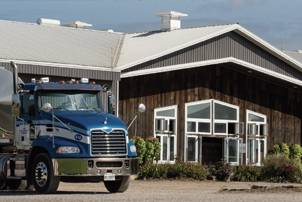
PROFIT & MANAGEMENT AT SUMMITHOLM
A host of awards for exceptional herd management and high lifetime production line the walls of the Summitholm Holsteins’ office at Joe Loewith & Sons Ltd., Lynden, Ontario. For more than 70 years this family farm has been profitably producing milk while maximizing cow comfort and following solid management protocols.
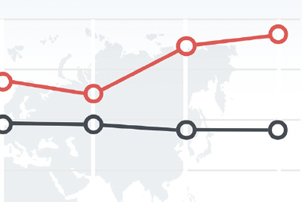
DELIVERING SOLID FERTILITY RESULTS
Over the last four proof rounds, Semex’s average Sire Conception Rate (SCR) continues to be above industry average. This demonstrates that Semex’s sire fertility selection and its FertilityFirst™ brand can be trusted to deliver fertility results and the resulting pregnancy rates your clients demand.
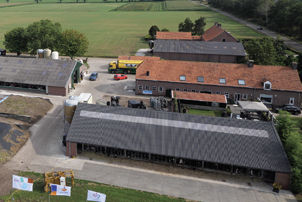
SUCCESS AT BLOEMEN DAIRY
The Bloemen family have been farming in Vredepeel in Holland’s southern province of Limburg since 1955. For more than 35 years, the farm focused on fattening pigs and cows, but that changed in 1992 when Jan and Ria Bloemen took over the farm from Jan’s father.
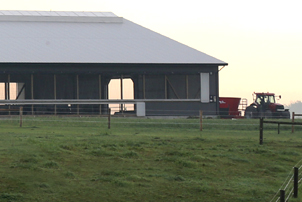
IMPORTANCE OF A CUSTOM CLIENT INDEX
Building a client index in SemexWorks™ with your Semex Representative will bring far more value to your herd, than using trait thresholds to select bulls.
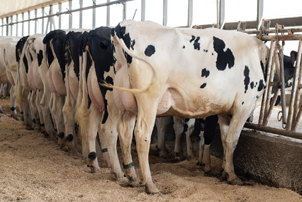
STANTON ON THE LEADING EDGE
Stanton Bros. Limited at Ilderton, Ontario, has consistently had animals rank high on Canada’s Lifetime Performance Index (LPI) Holstein lists. In the December 2020 round of genetic evaluations, the Stantons had an astounding 11 homebred bulls in the Top 100 LPI Proven Bull List.
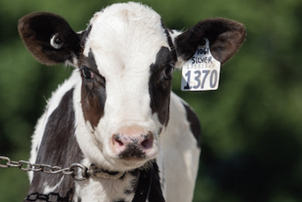
CALF & HEIFER REARING
With farm shows, meetings and conferences cancelled, I’ve watched a few agricultural webinars looking for practical information I can apply on-farm. Some were a disappointment, with choppy audio and in one case a panelist driving in his car, struggling with his phone while recording! It was cringe-worthy, as I waited for a crash that thankfully didn’t come.

THE NEW NORMAL: BUSINESS DURING COVID-19
At the end of 2019 the dairy world reflected back on a year that gave us volatile global markets, world trade concerns, a changing product mix and evolving consumer demands. It was widely considered to be an anomaly and the ‘perfect storm’ we had all weathered. And then came COVID-19.
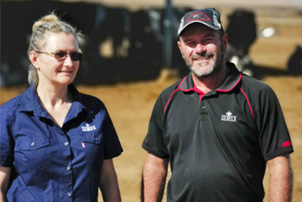
IMMUNITY+® MAKING A GLOBAL IMPACT: SOUTH AFRICA
It doesn't matter where in the world you farm. If dairy producers select genetics based on capacity of an animal's immune system, they'll have healthier, more productive herds.

PROTECT YOUR SEMEN INVESTMENT
That semen tank sitting in the corner of the barn office or vet room generally goes unnoticed except for the times you are pulling out a dose of semen from one of your favourite sires. But with some extra attention, you can obtain the best longevity from your semen storage vessel while ensuring the dose you are about to put in the cow or heifer is as fertile as the day it was processed.

YOUR GENETIC TEST RESULTS
Where is the value of genomic testing and the subsequent results?
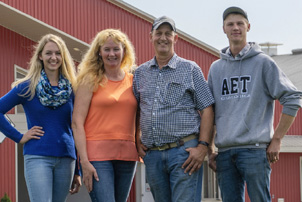
HENRIA HOLSTEINS: BUILDING A PRODUCTIVE AND SUSTAINABLE FUTURE
Within Canada’s supply-managed dairy sector, Henria Holsteins Inc. relies heavily on genetic progress, strong management and technology to grow their farm and build a stable future for their family.
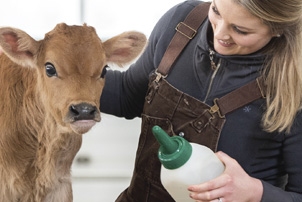
USING GENETICS TO CREATE BETTER COLOSTRUM
Semex's partnership with University of Guelph plays a key role in identifying dairy cattle genetics that can produce naturally healthier animals.
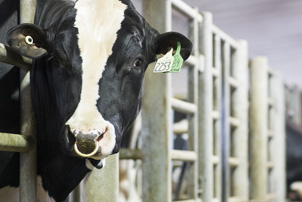
RAISING THE BAR ON ANIMAL HEALTH
Commitment to animal care, biosecurity, disease testing and traceability helps Semex raise the bar on animal health.
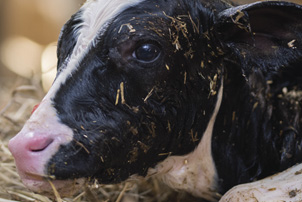
EMBRYO EVOLUTION
More dairy producers are now using embryos to accelerate herd genetics and boost their bottom line.
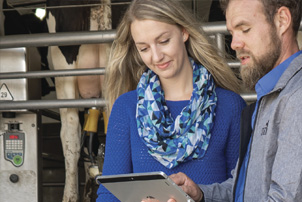
SEMEX'S OPTIMATE™ HELPS PRODUCERS MAKE THE BEST MATING DECISIONS
Semex's mating program delivers a strong user experience and leverages the herd's genomic information.
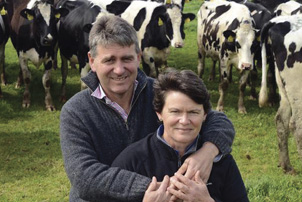
IMMUNITY+® RESULTS AROUND THE WORLD
It doesn't matter where in the world you farm. If dairy producers select genetics based on capacity of an animal's immune system, they'll have healthier, more productive herds.

A POWERFUL ONE-TWO PUNCH
Reduce disease impact, save money and decrease antibiotic use on your farm. It sounds like a lot for a producer to ask for, but it's becoming a reality on a growing number of farms.
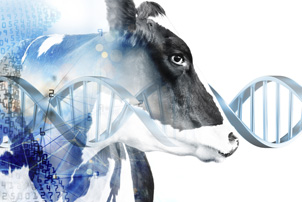
GENETIC AUDIT UNLOCK MANAGEMENT OPPORTUNITIES
Have you ever done a genetic audit? That's one of the first questions producers need to ask themselves when they're building their own strategic plan.
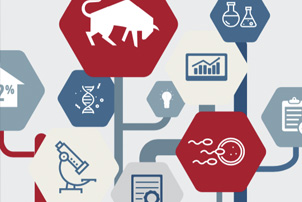
SCIENCE AND RESULTS DRIVE FERTILITY
Semex's Fertility First program has helped increase conception rates by 5.2%.
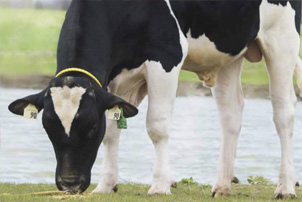
INSIDE PRODUCT DEVELOPMENT
In this interview, we ask Paul Trapp, one of our Product Acquisition Specialists, to share his insights on Semex's top sires, sire selection, the impact of genomics on product development and the importance of success in the show ring.

TAKING AIM AT BOVINE RESPIRATORY DISEASE
High immune response genomics has proven to identify dairy cattle with better natural immunity to diseases. Building on this success, Semex and partners are now working to bring this technology to the beef industry to tackle Bovine Respiratory Disease (BRD).
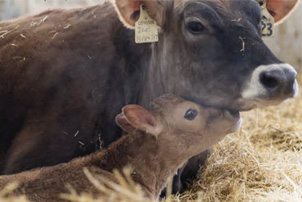
USING SEXED SEMEN WITH CONFIDENCE
Sexed semen usage on dairies everywhere has grown exponentially in recent years, as producers look to optimize genetic progress by ensuring that their best cows produce heifer calves.

TANK INVENTORY
As with any investment in business, correct management is needed to preserve value.

TANK TO TANK TRANSFER
Follow these guidelines to preserve the best possible quality product.

TANK MAINTENANCE
Careful handling of the Semex product (semen or embryos) maintains its integrity and quality.

